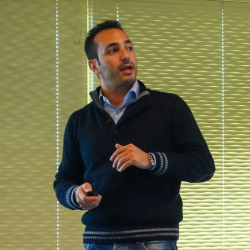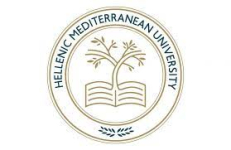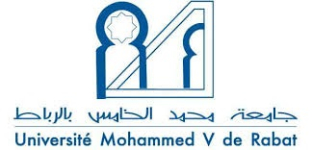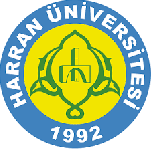To reach MED4PEST objectives, we will develop and adapt a thorough research design based on a trans-disciplinary effort by partners and stakeholders. The focus is on innovation and action research, establishing proven products and methods through lab and field-pilot testing. We will deploy our methodologies based on an experimental case-study design. Various plants were identified as potential candidates for their bio-rodenticide potential, based on traditional and academic knowledge, though not tested. Therefore, we will do rigorous lab testing to establish results on palatability, efficacy, LD50, non-target harm, and shelf-life. Furthermore, a multitude of EBRM methods have been proven effective in several countries in Asia and Africa, though not piloted in the Mediterranean geography and agroecology. This will be the subject of field testing, both in controlled situations (greenhouses) as well as in pilot farm plots, these will be specified based on farm size and whether they deploy organic or conventional farming. In addition, we will adapt EBRM methods to the Mediterranean socio-economic context and will integrate them with high-tech novel sensory and rodent tracking technologies to assess the levels of rodent damage, habitat use and environmental impact monitoring. Emerging technologies such as compact low-cost radars will also be implemented, combined with infrared cameras in specific living labs in Cyprus, Greece, Jordan, Morocco, and Turkey. In summary, we are: (a) Applying modern rodent monitoring techniques based on emerging technologies, sensing and tracking the animals with high precision. (b) Understanding rodent’s behavior in controlled environment and at the field through the pilots, creating new knowledge with regard to, how rodents behave, their mobility patterns, and how they react to external stimuli (noise and EBRM methods). (c) Developing a novel bio- rodenticide, made of botanical plants native to Mediterranean countries. And (d) We intend to facilitate and intensify dialogue among stakeholders to fill data gaps on knowledge and understanding of rodent pest and management using series of systematic Focus Group Discussion (FGDs) and Key Informant Interviews (KIIs) with the aim of identifying and prioritizing most valued interventions for future science and technology (SI) interventions. We will ensure a gender-sensitive approach throughout this set of activities in particular (d), striving for balanced participation between male and female stakeholders, appreciating their different experiences and perspectives relating to rodent pest issues. And (e) providing a toolkit of EBRM methods, including ‘popular’ knowledge outputs. The project will have a 3-year duration, see Figure 4 for an overview.













.jpg)



